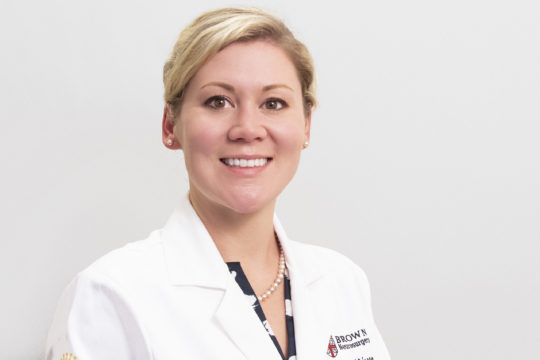Arjun Ganga, BS, Owen P. Leary, BS, Aayush Setty, Kevin Xi, BS, Albert E. Telfeian, MD, PhD, Adetokunbo A. Oyelese, MD, PhD, Tianyi Niu, MD, Joaquin Q. Camara-Quintana, MD, Ziya L. Gokaslan, MD, Patricia Zadnik Sullivan, MD, and Jared S. Fridley, MD

OBJECTIVE Lumbar facet cysts (LFCs) can cause neurological dysfunction and intractable pain. Surgery is the current standard of care for patients in whom conservative therapy fails, those with neurological deficits, and those with evidence of spinal instability. No study to date has comprehensively examined surgical outcomes comparing the multiple surgical treatment options for LFCs. Therefore, the authors aimed to perform a combined analysis of cases both in the literature and of patients at a single institution to compare the outcomes of various surgical treatment options for LFC.
METHODS The authors performed a literature review in accordance with PRISMA guidelines and meta-analysis of the PubMed, Embase, and Cochrane Library databases and reviewed all studies from database inception published until February 3, 2023. Studies that did not contain 3 or more cases, clearly specify follow-up durations longer than 6 months, or present new cases were excluded. Bias was evaluated using Cochrane Collaboration’s Risk of Bias in Nonrandomised Studies–of Interventions (ROBINS-I). The authors also reviewed their own local institutional case series from 2015 to 2020. Primary outcomes were same-level cyst recurrence, same-level revision surgery, and perioperative complications. ANOVA, common and random-effects modeling, and Wald testing were used to compare treatment groups.
RESULTS A total of 1251 patients were identified from both the published literature (29 articles, n = 1143) and the au-
thors’ institution (n = 108). Patients were sorted into 5 treatment groups: open cyst resection (OCR; n = 720), tubular cyst resection (TCR; n = 166), cyst resection with arthrodesis (CRA; n = 165), endoscopic cyst resection (ECR; n = 113), and percutaneous cyst rupture (PCR; n = 87), with OCR being the analysis reference group. The PCR group had significantly lower complication rates (p = 0.004), higher recurrence rates (p < 0.001), and higher revision surgery rates (p = 0.001) compared with the OCR group. Patients receiving TCR (3.01%, p = 0.021) and CRA (0.0%, p < 0.001) had significantly lower recurrence rates compared with those undergoing OCR (6.36%). The CRA group (6.67%) also had significantly lower rates of revision surgery compared with the OCR group (11.3%, p = 0.037).
CONCLUSIONS While PCR is less invasive, it may have high rates of same-level recurrence and revision surgery. Recurrence and revision rates for modalities such as ECR were not significantly different from those of OCR. While concomitant arthrodesis is more invasive, it might lead to lower recurrence rates and lower rates of subsequent revision surgery. Given the limitations of our case series and literature review, prospective, randomized studies are needed.
Read the Full Text Here





